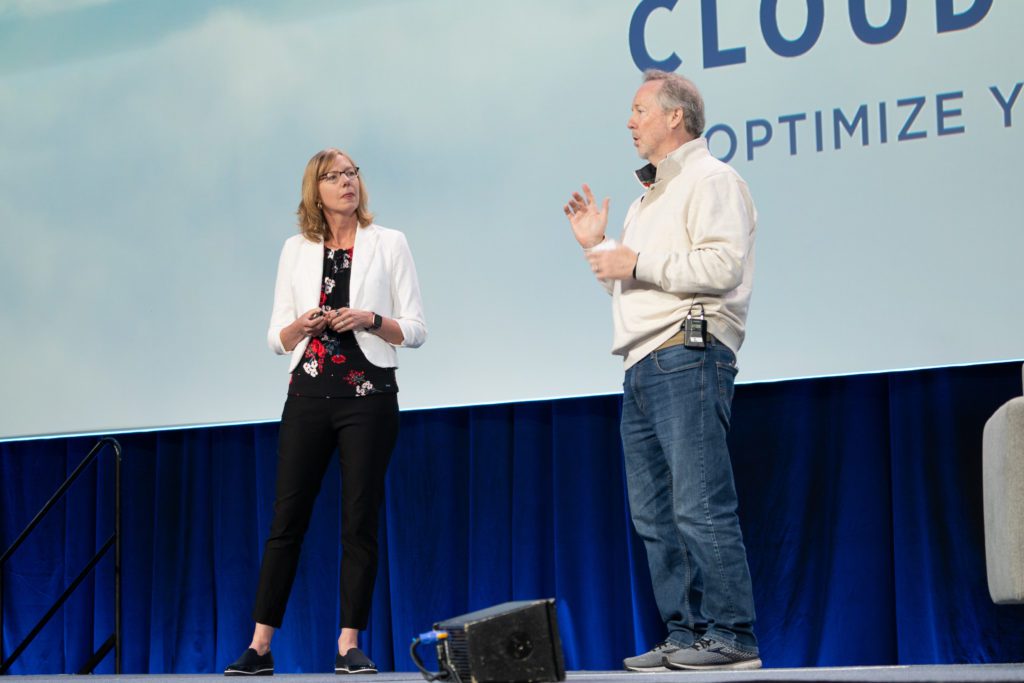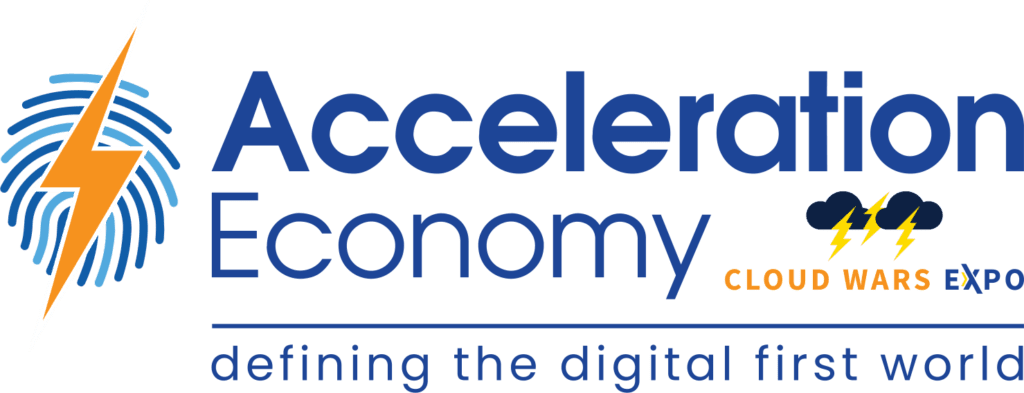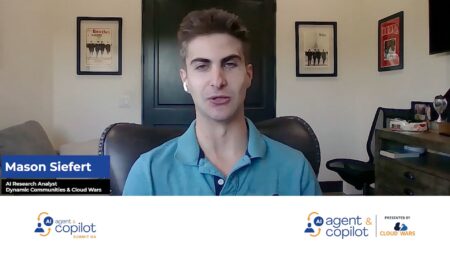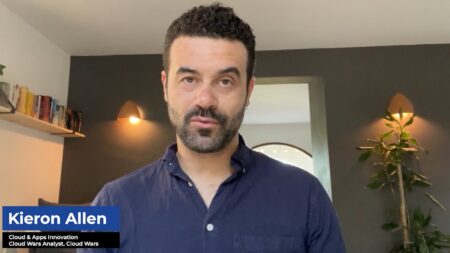A new generation of powerful data-driven sustainability solutions fused with traditional financial and operational applications can drive “enormous economic opportunity” and create new value in every part of an organization, a Microsoft exec said at Cloud Wars Expo.
“There’s a preconceived notion that investing in sustainability can hurt your bottom line,” said Rosie Mastrandrea, Senior Director of Sustainability Product Marketing in Microsoft’s Global Industries group during her keynote presentation at Cloud Wars Expo.
“But that’s really not the case. Instead, this is an opportunity to transform and rethink all of your business processes.” Within Microsoft’s sprawling global organization, sustainability initiatives have triggered “a ton of innovation,” she added.
In my view, this is the single most-crucial issue surrounding what could be an enormous market opportunity in the cloud: Can leading providers like Microsoft convince business leaders about two critical issues for sustainability solutions?
- First, that they do not create an either/or situation where a business leader must choose between going with sustainability and forsaking profitability, and can instead deliver both.
- Second, modern cloud-based sustainability solutions can not only avoid being a money-losing proposition but can also trigger enormous economic value and opportunity across an entire organization.
While Microsoft is a relative newcomer to the industry-cloud business, it is making its presence known in a customarily big way. As my colleague Tom Smith wrote in summarizing Mastrandrea’s Cloud Wars Expo keynote, “The Microsoft Cloud for Sustainability is unlike industry clouds for retail or energy or pharmaceuticals; sustainability cloud is horizontal, spanning all industries and getting integrated into all business processes. In retail, it can help with circularity, in energy it can support the transition to clean energy, and so on. It presents an opportunity to create new value in every part of the business, she said.” (For more on Tom’s overview, please see Sustainability Strategy Insights from Microsoft Exec Rosie Mastrandrea.)
Helping convince business leaders that an entirely new generation of high-impact business solutions do not require major compromises on profitability and can also be aggressive drivers of transformative ideas, Microsoft has laid out 4 specific areas of focus for its Sustainability cloud:
- Deliver data intelligence by providing data and transparency across the value chain for internal and external reporting;
- Build sustainable IT infrastructure by moving to the cloud, which Microsoft says can reduce the environmental impact of workloads by more than 90%;
- Reduce the environmental impact of operations by integrating formerly disparate solutions; and
- Create sustainable value chains by breaking down data silos and creating an end-to-end “data estate” from which all parties can gain insights and drive better decisions.
Over and over again in her keynote address, Mastrandrea kept coming back to the issue of data, and how it needs to be pooled across networks, value chains, and stakeholder communities. Otherwise, she said, companies will continue to struggle to know where to begin, how to measure their progress, and how to gain support and backing across their organizations.
When that type of confusion and lack of clarity arise, then business leaders will almost certainly say “no thanks” to some new initiative whose goals cannot be stated, whose progress cannot be measured, and whose economic impact cannot be determined.
To see Mastrandrea’s entire keynote presentation and the ongoing discussion she and I had, please register here for your Cloud Wars Expo On-Demand Pass, which will give you access to all of the fantastic content that was shared at the event recently in San Francisco. That content will be made available at no charge to everyone beginning July 20.









